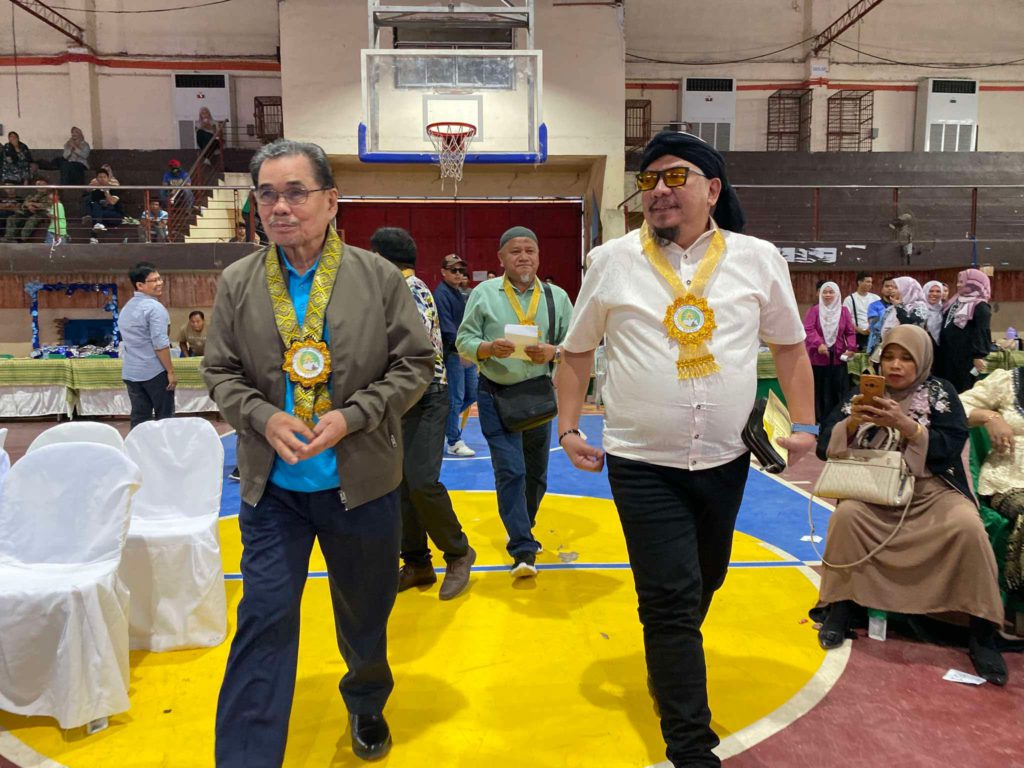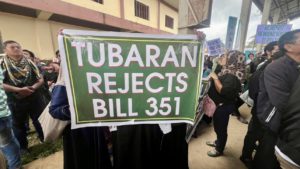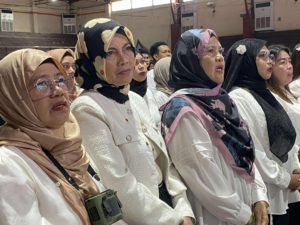
Unmasking Political Sabotage: The Fight for Bangsamoro Self-Determination Amid External and Internal Challenges

The recent COA investigation into alleged anomalies involving Minister Mohagher Iqbal of the MBHTE, who also serves as a senior figure within the MILF, must be analyzed within a broader political and historical framework. While the constitutional mandate of COA is unassailable, it is crucial to recognize that this controversy is not occurring in a vacuum. It coincides with a period of heightened tensions between the Government and the MILF, as the latter continues to push for the fulfillment of its commitments under the Comprehensive Agreement on the Bangsamoro (CAB).
This pattern of discrediting Bangsamoro leadership is neither new nor surprising. Historically, whenever the Bangsamoro movement seeks to assert its rights or challenge unfulfilled promises, there is an ensuing attempt to undermine its leaders. The failure of the government to respect the agreed upon composition of the Bangsamoro Transition Authority (BTA)—which was meant to give the MILF control over the Bangsamoro autonomous region—exposed its lack of sincerity. Now, the narrative linking MILF leaders to corruption allegations appears to be a revival of old tactics designed to undermine the legitimacy and credibility of the Bangsamoro leadership.
We have seen similar strategies before. The 1996 Final Peace Agreement with the MNLF was marred by partial implementation, and Nur Misuari was strategically discredited through corruption charges intended to turn public opinion against him and the movement. Today, unmistakably, a similar pattern emerges. The narrative is crafted to portray the MILF-led BARMM as corrupt and incapable, thus undermining the resolve of the Bangsamoro people and their aspirations for genuine self-determination.
The reality nonetheless remains that BARMM’s struggles are not rooted in the failings of the MILF or its leadership, but rather in the deliberate sabotage by those who fear a strong, united, and self-reliant Bangsamoro. The internal shortcomings within the BARMM government are legitimate concerns; however, they are peripheral compared to the larger issue , persistent insincerity, broken agreements, and manipulative narratives aimed at discrediting the Bangsamoro struggle for autonomy.
More critically, this ongoing attempt at sabotage exposes the deeper, unresolved fissures within the Bangsamoro itself. The division stems partly from internal fragility succumbing too easily to external influences seeking to exploit fears and weaknesses. We are, in effect, our own worst enemies; we enable our enemies when we succumb to power struggles, greed, and disunity. The challenge, therefore, extends beyond resisting external plots; it is imperative for the Bangsamoro to confront the internal vulnerabilities that make such discrediting campaigns possible.
The COA investigation should not be viewed solely as an issue of alleged misconduct. Instead, it must be recognized as part of a persistent political strategy aimed at destabilizing and undermining the Bangsamoro’s pursuit of genuine self-governance. The road forward demands resilience , not only in resisting external sabotage but also in fostering internal unity and integrity. The real strength of the Bangsamoro lies in its ability to navigate these turbulent waters, overcoming both external threats and internal divisions, to realize the true promise of self-determination. Allah knows best. (Note: This article is shared by BMN/BangsamoroToday with the author’s permission, Abdullah P. Salik, Jr.)

